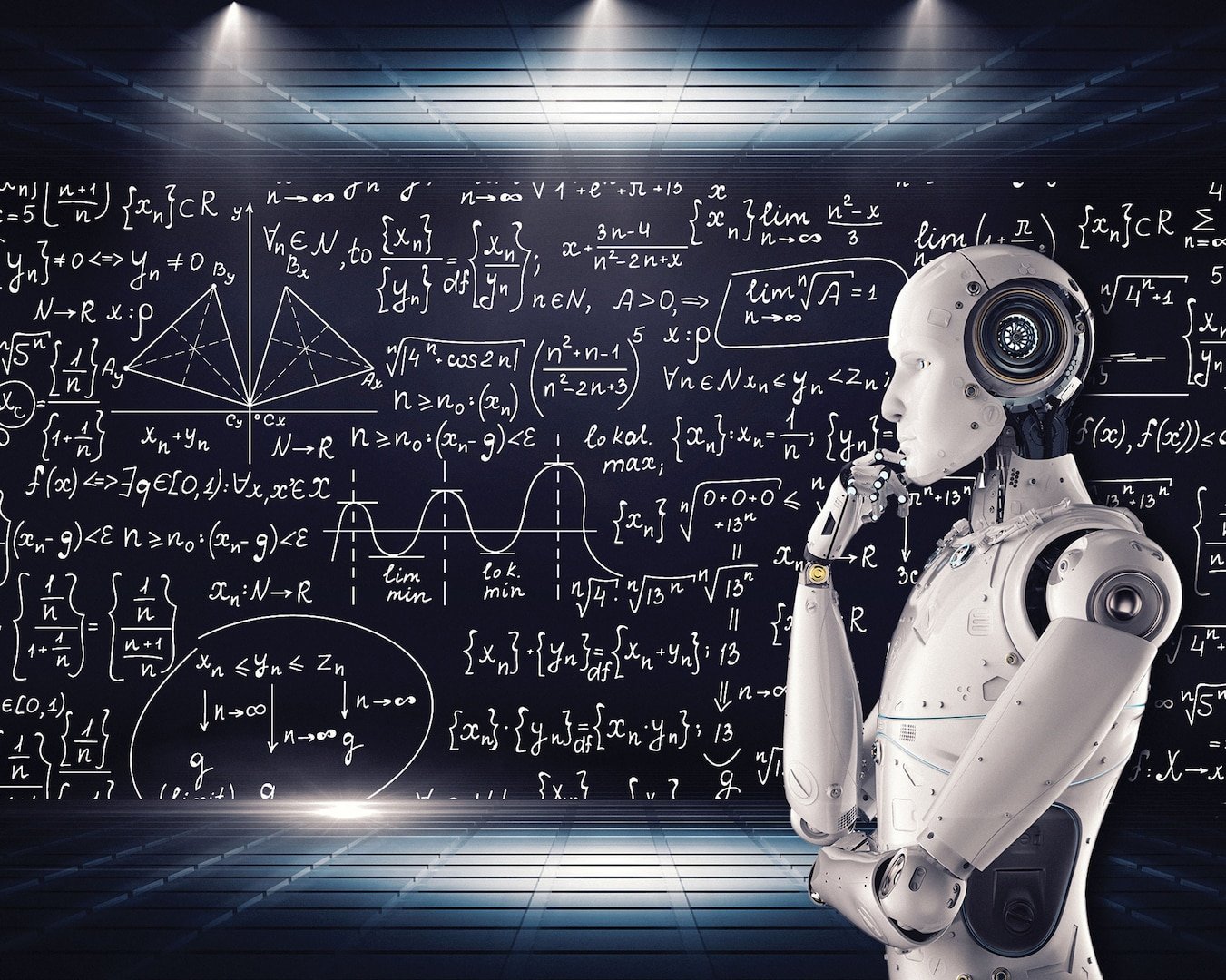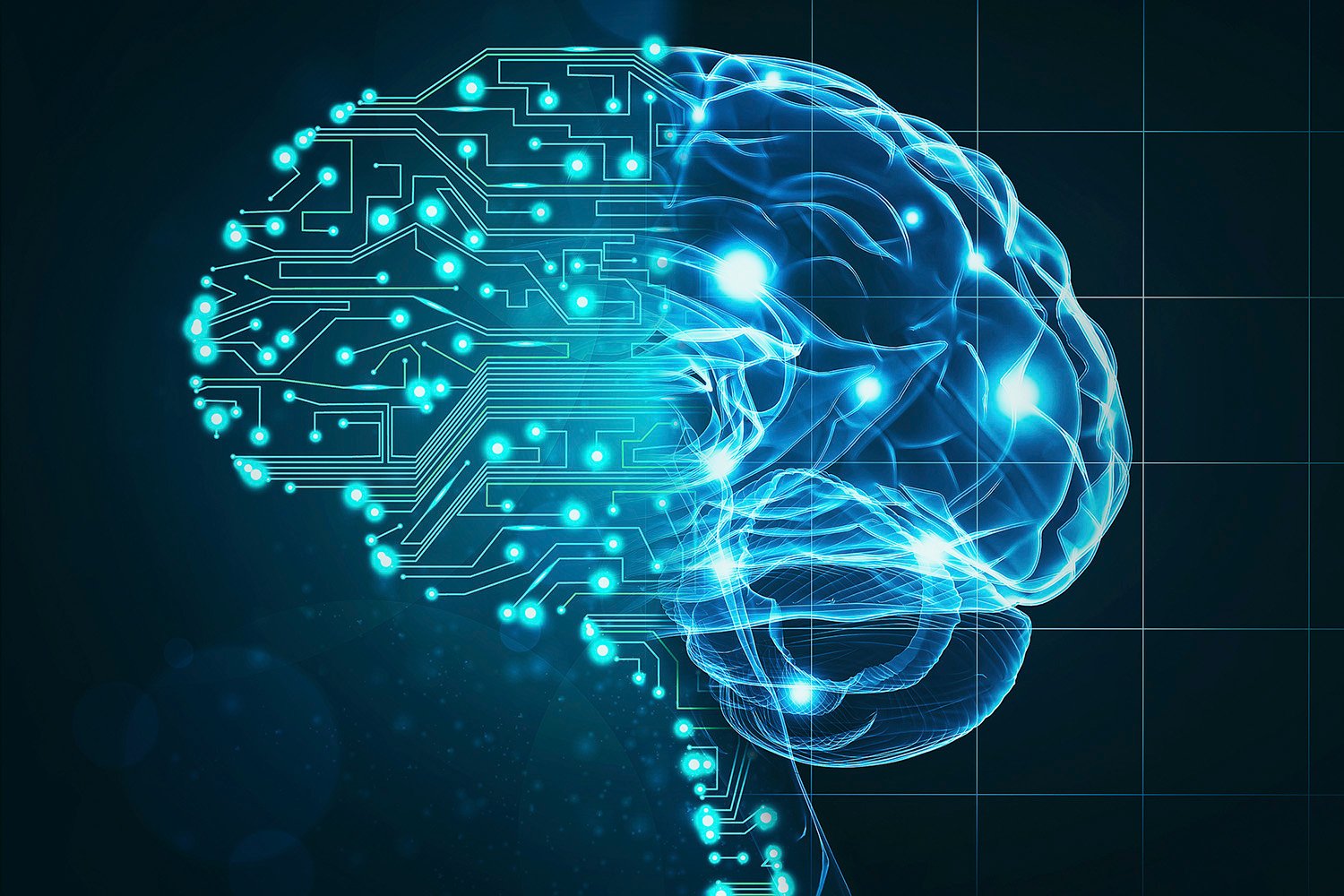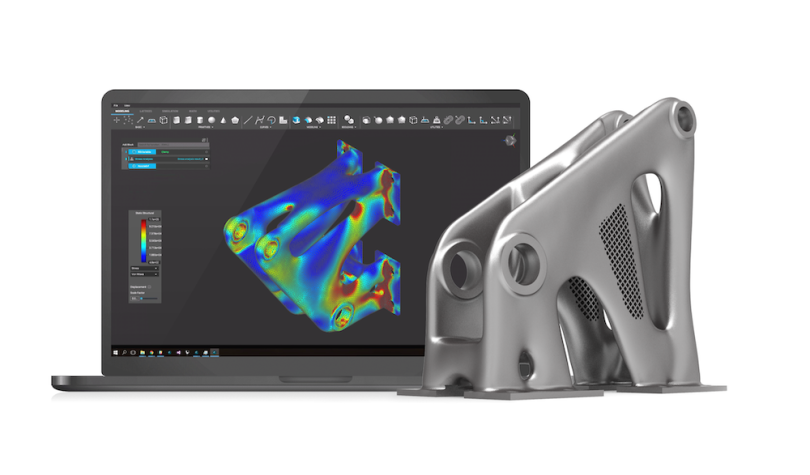Ai For Africa: How Artificial Intelligence Is Shaping The Future

Executive Summary

Artificial Intelligence (AI) is rapidly transforming the African continent, offering immense opportunities for economic growth, social development, and environmental sustainability. This article explores the multifaceted impact of AI in Africa, examining its key applications, challenges, and the immense potential it holds for shaping a brighter future.

Introduction
Africa, with its vibrant population and diverse economies, has become a fertile ground for the adoption and innovation of AI technologies. From agriculture to healthcare, finance to education, AI is revolutionizing industries, improving lives, and driving progress across the continent. This article delves into the transformative power of AI in Africa, highlighting its potential to unlock a new era of prosperity and empowerment.
FAQs
- What is Artificial Intelligence? AI refers to the ability of machines to perform tasks that typically require human intelligence, such as learning, problem-solving, and decision-making.
- How is AI used in Africa? AI is widely used in Africa in various sectors, including healthcare, agriculture, finance, education, and transportation.
- What are the benefits of AI in Africa? AI offers numerous benefits, including increased efficiency, improved decision-making, enhanced productivity, and access to essential services.
Key Applications of AI in Africa
Healthcare
- Disease Diagnosis: AI algorithms can analyze medical data to diagnose diseases with greater accuracy and speed.
- Personalized Treatment: AI-powered systems can tailor treatment plans to individual patients based on their unique medical history and genetic profile.
- Telehealth Services: AI-enabled platforms facilitate remote healthcare consultations, expanding access to medical professionals for underserved communities.
- Drug Discovery: AI accelerates the discovery and development of new drugs by analyzing vast datasets and identifying potential candidates.
- Epidemic Prevention: AI algorithms can monitor disease outbreaks and predict future patterns, enabling proactive measures to contain epidemics.
Agriculture
- Crop Monitoring: AI-powered drones and satellite imagery provide farmers with real-time data on crop health, enabling precision farming and maximizing yields.
- Pest and Disease Detection: AI algorithms can identify pests and diseases early, allowing farmers to采取 timely measures to protect their crops.
- Smart Irrigation: AI-controlled irrigation systems optimize water usage, reducing waste and ensuring sustainable farming practices.
- Market Analysis: AI algorithms analyze market data to help farmers make informed decisions about pricing, production, and distribution.
- Supply Chain Management: AI streamlines agricultural supply chains, reducing costs and improving efficiency.
Finance
- Fraud Detection: AI algorithms can detect fraudulent transactions and identify suspicious patterns in financial data.
- Credit Scoring: AI-powered systems assess financial risk and determine creditworthiness, enabling access to financial services for underserved populations.
- Automated Investment: AI algorithms analyze market data and make investment decisions, providing personalized portfolio recommendations.
- Mobile Banking: AI-powered mobile banking platforms offer convenient and secure financial services to unbanked and underbanked populations.
- Microfinance: AI algorithms enable microfinance institutions to assess risk and provide tailored financial products to low-income individuals and small businesses.
Education
- Personalized Learning: AI-enabled platforms, such as Talkie AI Character Chat, deliver personalized learning experiences tailored to individual student needs, improving engagement and outcomes.
- Adaptive Assessments: AI algorithms assess student progress in real-time and adjust instruction accordingly, providing targeted support and remediation.
- Skill Development: AI platforms offer interactive and engaging skill-building courses, expanding access to quality education and workforce training.
- Intelligent Tutoring: AI-powered tutoring systems provide virtual assistance and feedback to students, enhancing their learning experience.
- Educational Data Analytics: AI algorithms analyze educational data to identify areas for improvement and optimize teaching practices.
Transportation
- Traffic Management: AI algorithms analyze traffic data and suggest optimal routes, reducing congestion and improving safety.
- Autonomous Vehicles: AI-powered self-driving vehicles are revolutionizing transportation, promising enhanced safety and efficiency.
- Fleet Management: AI-controlled systems optimize fleet operations, reduce fuel consumption, and improve vehicle utilization.
- Public Transportation: AI algorithms optimize public transportation schedules and provide real-time updates to improve accessibility and convenience.
- Logistics and Supply Chain: AI enhances logistics and supply chain operations, optimizing routing, tracking shipments, and reducing costs.
Conclusion
Artificial Intelligence is a powerful force that has the potential to transform Africa, unlocking economic growth, improving social development, and ensuring environmental sustainability. As AI continues to evolve and its applications expand, Africa is well-positioned to seize the opportunities it presents and harness its transformative potential. Through collaboration, innovation, and a commitment to harnessing AI for good, Africa can leapfrog challenges and create a brighter future for its citizens.
Keyword Tags
- Artificial Intelligence in Africa
- AI Applications in Africa
- Impact of AI on Africa
- Benefits of AI in Africa
- Challenges of AI in Africa






